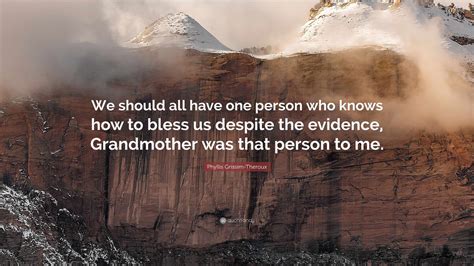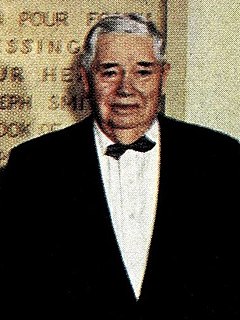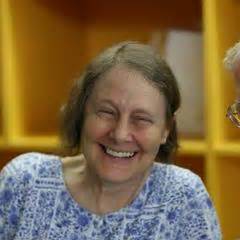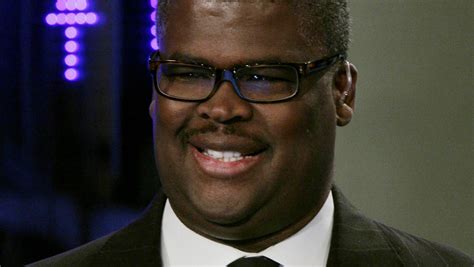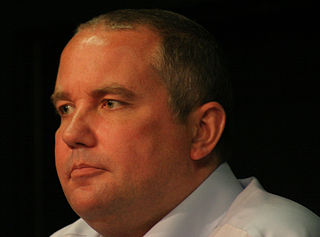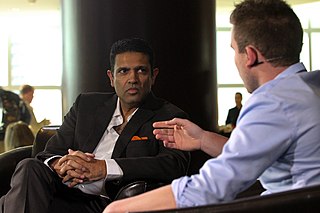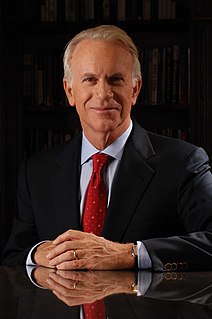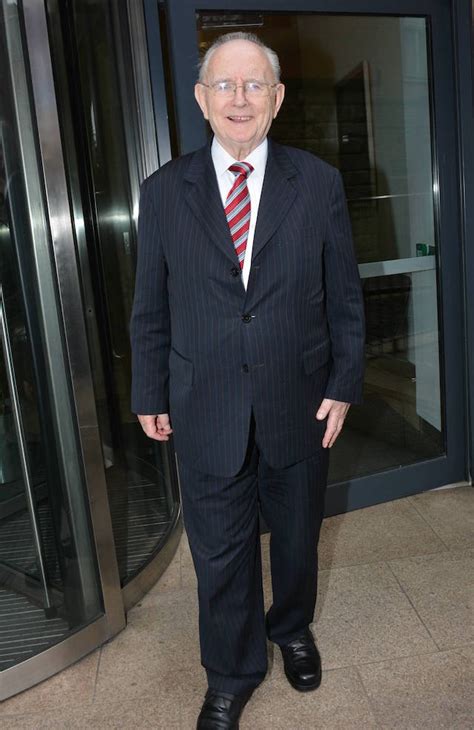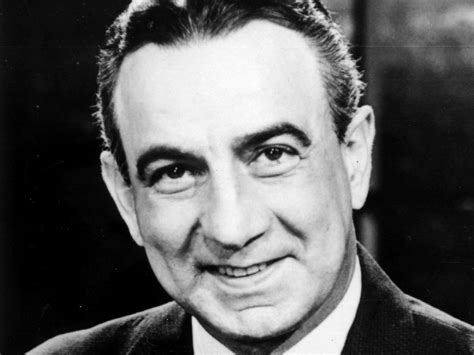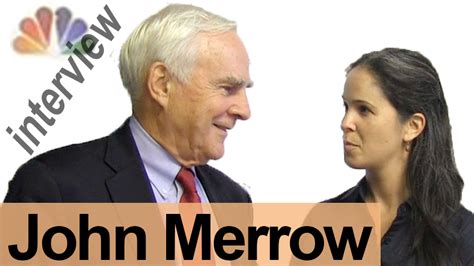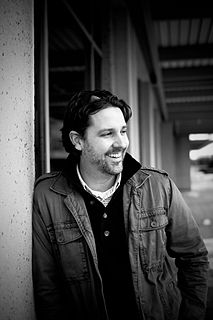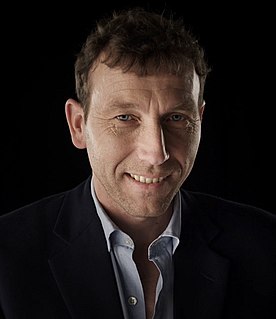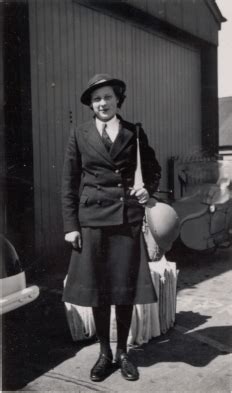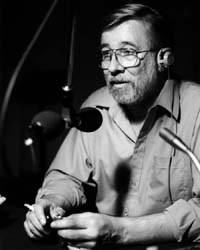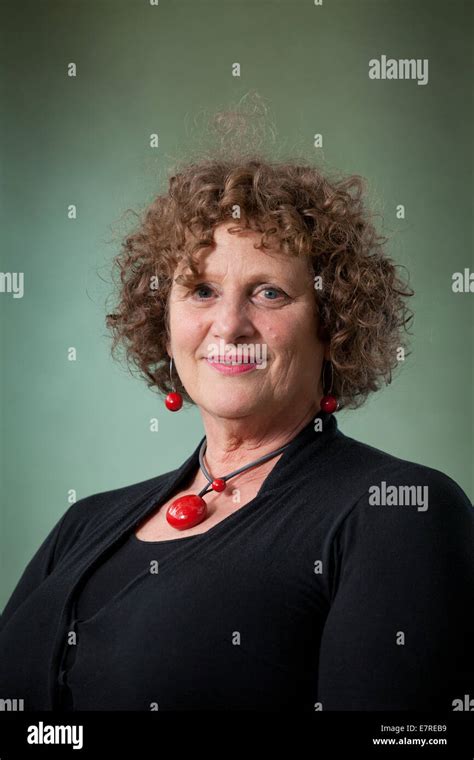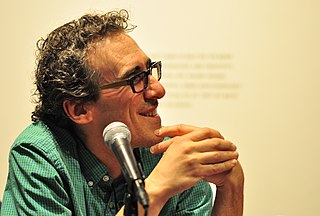A Quote by Dan Davis
Our possessions don't own us any more, because we don't possess them.
Related Quotes
We exist only by virtue of what we possess, we possess only what is really present to us, and many of our memories, our moods, our ideas sail away on a voyage of their own until they are lost to sight! Then we can no longer take them into account in the total which is our personality. But they know of secret paths by which to return to us.
...we sacrifice other species to our own not because our own has any objective metaphysical privilege over others, but simply because it is ours. It may be very natural to have this loyalty to our own species, but let us hear no more from the naturalists about the "sentimentality" of anti-vivisectionists. If loyalty to our own species - preference for man simply because we are men - is not sentiment, then what is?
Demons frighten us because we set ourselves up to be frightened. We are overly attached to our reputations and possessions. When we love and desire what we should be rejecting, we are in conflict with our true selves. That's when the negative energies catch us and use our weapons against us. Instead of taking up what we have to defend ourselves, we put our swords in the hands of our enemies and make them attack us.
Some things are up to us [eph' hêmin] and some things are not up to us. Our opinions are up to us, and our impulses, desires, aversions–in short, whatever is our own doing. Our bodies are not up to us, nor are our possessions, our reputations, or our public offices, or, that is, whatever is not our own doing.
When you parent, it's crucial you realize you aren't raising a "mini me," but a spirit throbbing with its own signature. For this reason, it's important to separate who you are from who each of your children is. Children aren't ours to possess or own in any way. When we know this in the depths of our soul, we tailor our raising of them to their needs, rather than molding them to fit our needs.
No matter how many possessions we acquire, they will not provide us with any lasting happiness and freedom. On the contrary, it is often our pursuit of material possessions that causes our problems. If we want ultimate happiness and freedom from suffering, we must engage in the supreme practices of training the mind. There is no other way.
The human heart is an idol factory that takes good things like a successful career, love, material possessions, even family, and turns them into ultimate things. Our hearts deify them as the center of our lives, because, we think, they can give us significance and security, safety and fulfillment, if we attain them.
It is abundantly evident that, however natural it may be for us to feel sorrow at the death of our relatives, that sorrow is an error and an evil, and we ought to overcome it. There is no need to sorrow for them, for they have passed into a far wider and happier life. If we sorrow for our own fancied separation from them, we are in the first place weeping over an illusion, for in truth they are not separated from us; and secondly, we are acting selfishly, because we are thinking more of our own apparent loss than of their great and real gain.
Our present culture, however, specializes in inflaming endless lust for possessions with advertisements that constantly convince us that we need more (particularly to create the ease we have never found). The marketers don't tell us much about their products, but they spend a great deal of energy (and enormous amounts of money) appealing to our fears and dreams. Thus, the idolatry of possessions plays to the deeper idolatry of our selves-and in an endlessly consuming society, persons are always remaking themselves with new belongings.






